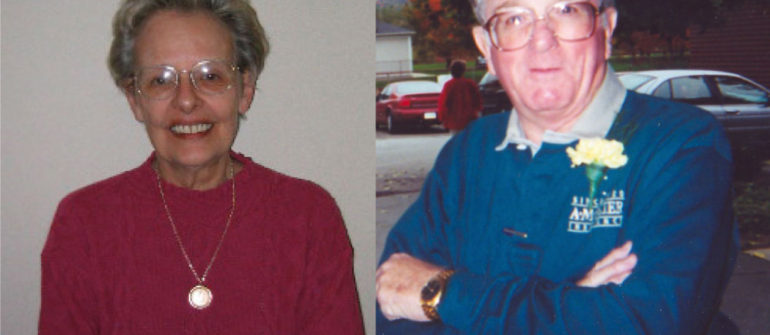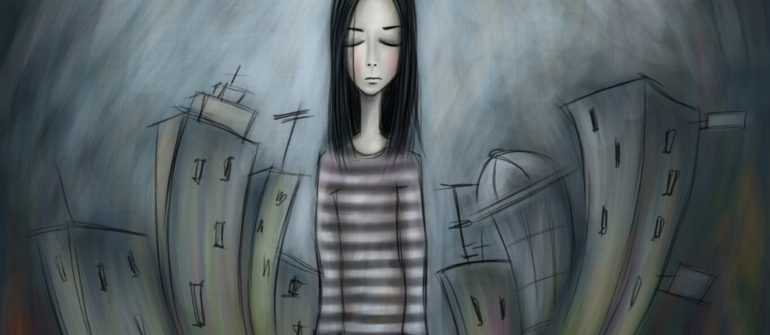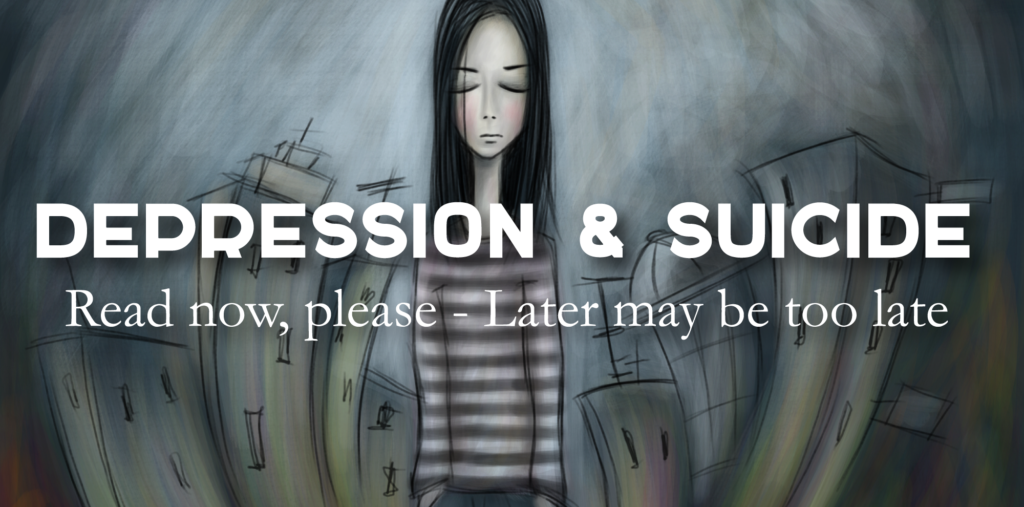
Hawley, Pa.—June 25, 2017—AMSkier Insurance, a third-generation family insurance company with a national customer base, today announces the winners of their college scholarship program, awarded this Spring. AMSkier awards the Gail Masker Scholarship to Wallenpaupack High School graduates, honoring Gail Masker who was an AMSkier cherished staff member for 53 years. This scholarship was founded in 2003. In addition, AMSkier awards the Robert J. Hafner Scholarship to Wayne Highlands High School graduates, memorializing Bob Hafner who was with AMSkier for 37 years as a Senior Vice President and a respected builder of many valued relationships with clients.
“We’re proud to continue the legacy of some of our most loyal staff through these scholarships, and we wish all graduates of 2017 success and happiness in the future,” says Henry Skier, president of AMSkier. “There’s a culture of nurturing, caring, loving individuals in our business, with a willingness to be helpful to each other. We’re proud to honor our dedicated, caring staff by making scholarships available for local high school seniors from Wallenpaupack and Wayne Highlands.”
The 2017 recipient of the Gail Masker Scholarship is Nathaniel Steffan. He is attending Albright College in the fall. The 2017 recipient of the Robert J. Hafner Scholarship went to Rachel Musetti, who plans to study law at Emery University.
“Gail was a wonderful resource of knowledge, whose experience and dedication is worthy of honor and respect by our family, whom she cared for in so many important ways, and by her colleagues,” says Skier. “Her curiosity and drive helped AMSkier expand over the years.”
“Robert J. Hafner was an insurance professional and a dedicated and loyal member of our Agency and of the Skier family. While residing in Honesdale for many years, Bob and his family were actively and enthusiastically engaged in their community through good work on boards and committees and in their beloved Roman Catholic Church. Bob provided leadership on ball fields, basketball courts, and on golf courses,” says Skier.
About AMSkier
AMSkier Insurance was founded by Abe Skier in 1920, in Hawley, Pa., and today is in its third generation of family leadership with Henry, Jeffrey and Aimee Skier. AMSkier is the largest direct insurer of children’s camps in the Country, and also offers personal and business insurance.
Was This Helpful? Get More Content Like This!
Join Our Broad & Bright Mailing List By Signing Up Below
AMSkier Clients already receive these articles and much more.



 SCOOP: WHO IS RESPONSIBLE FOR EMPLOYEE’S PERSONAL PROPERTY AT CAMP?
SCOOP: WHO IS RESPONSIBLE FOR EMPLOYEE’S PERSONAL PROPERTY AT CAMP?
 By AMSkier Partners, Norman Friedman, M. Ed & Cathi Fischer, LCSW
By AMSkier Partners, Norman Friedman, M. Ed & Cathi Fischer, LCSW



